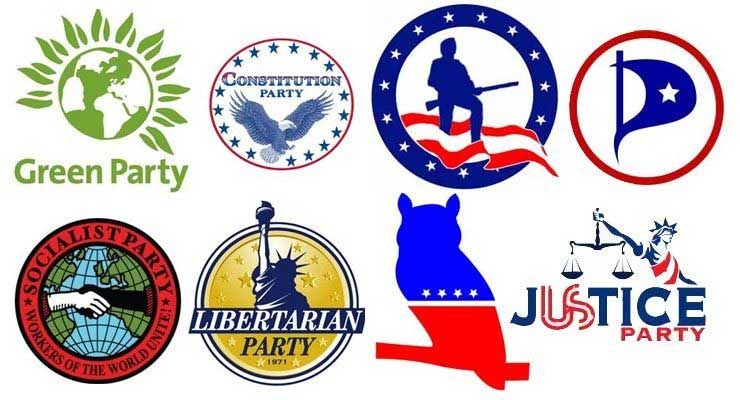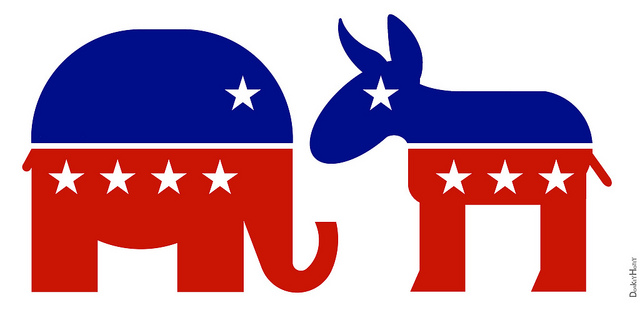There are two major political parties in America. The democrats and the republicans are widely known as the two parties that compete in political elections, but what about other parties like the green party that also have more candidates that run for office? This article is going to show how third-parties are crushed beneath the boot of the main two.

Source: Ozean Media
Let’s talk about funding and how the other two parties usually do not have any problems with it. Since the two other parties are more well known and popular, they have the people to donate money. The third-parties are smaller and do not have the number of people to assist them in their campaigns. Even if their party’s ideas are way better than the other two parties’ intentions, their voice won’t be heard because of how small they are. Corporate funding is also a large part of campaigns. This is usually followed up with a quid pro quo, which means “this for that,” because then the companies expect that if that politician gets elected, then they will make decisions that will benefit their donators because they helped them get there. Third-parties do not usually get this type of funding because they already do not have a high chance of winning, so why would they fund them in the first place?
Third-parties sometimes have their own money to self-fund their campaigns, but a lot of the public is already sided with their political party and is hesitant to switch after all these years. But where does the funding go? It goes to ads on television, billboards, traveling to other states in the case of running for president, etc.. The fact of the matter is that the odds are stacked against them in every type of election.

Source: NW Local Paper
Something would have to go very wrong in both parties for people to turn away from them. Either the candidates are awful, or the opinions are different from theirs, that would be some of the only reasons to turn elsewhere. But some of these third-parties do not care because no matter what, their opinions are being heard and appreciated by other people, no matter how small the audience is. Some of them think that if they change just one person’s mind, then they have succeeded. The principle of putting another view out there is enough for them. Hopefully, something can change in the future so that we can have more parties competing in elections, but by the look of it, it does not look good.
Sources:



